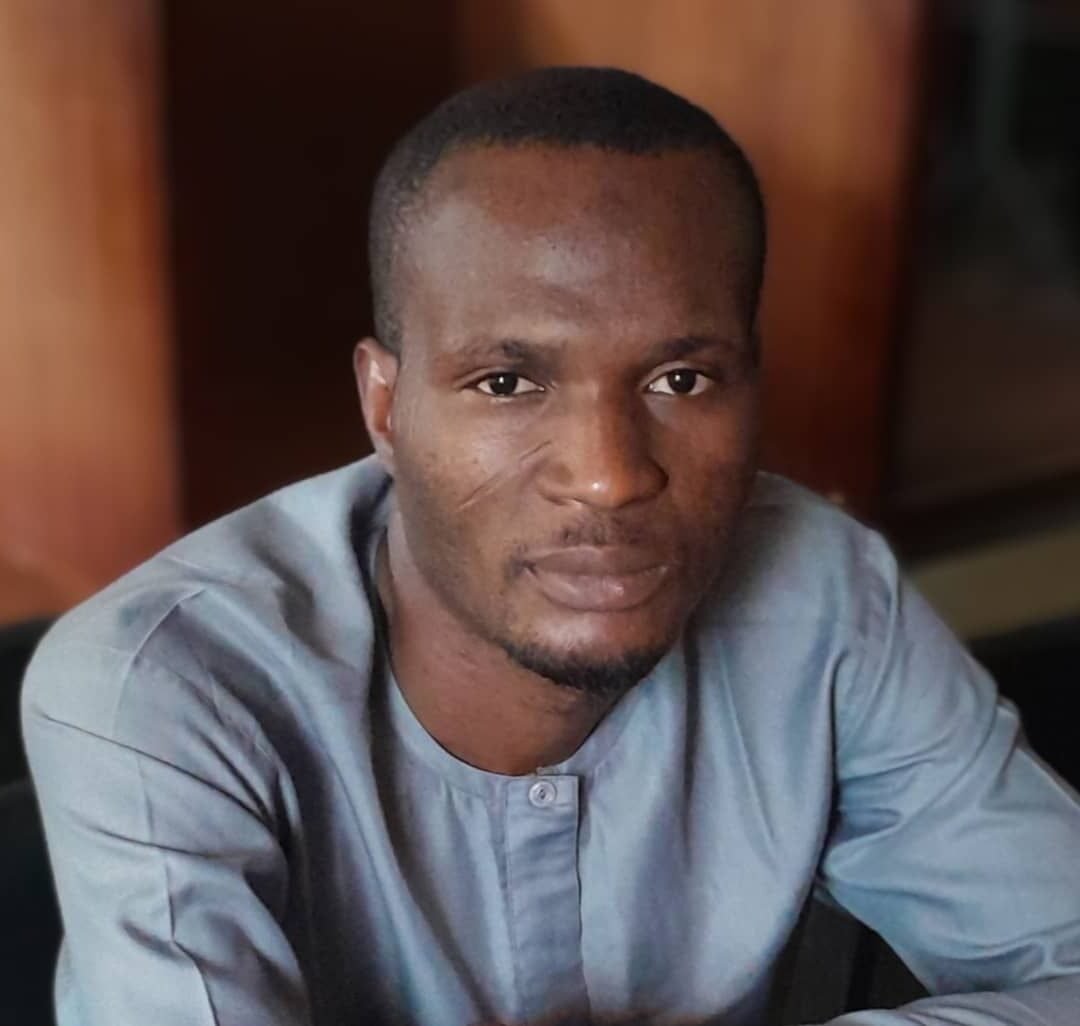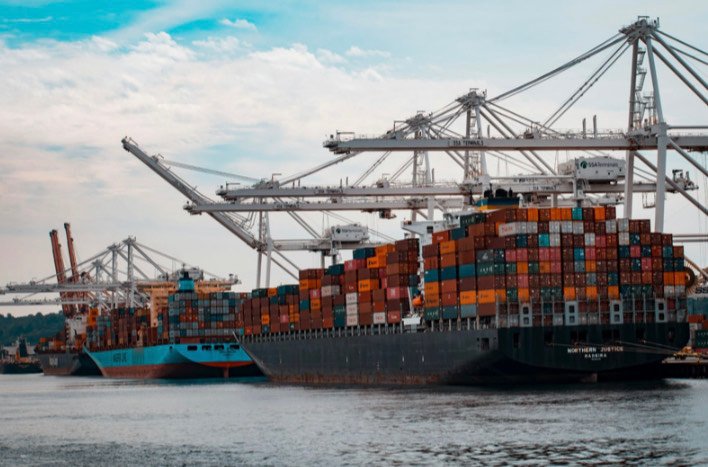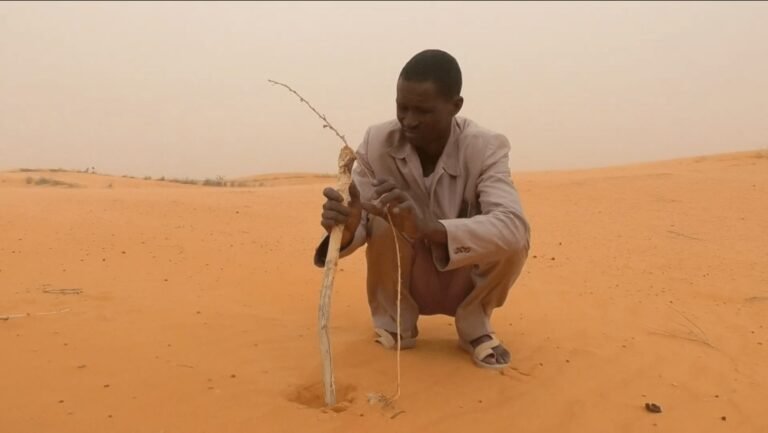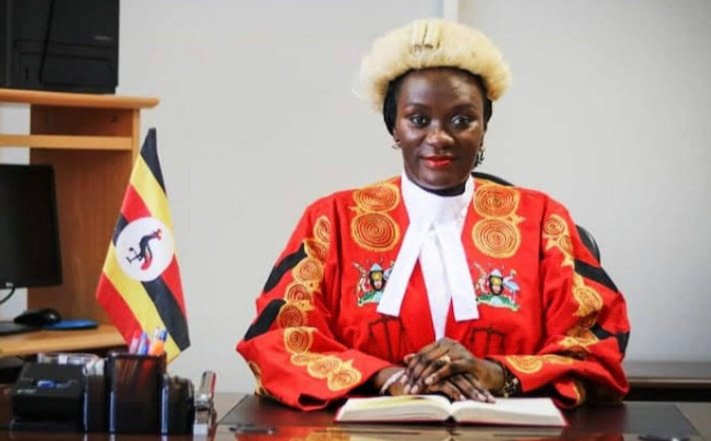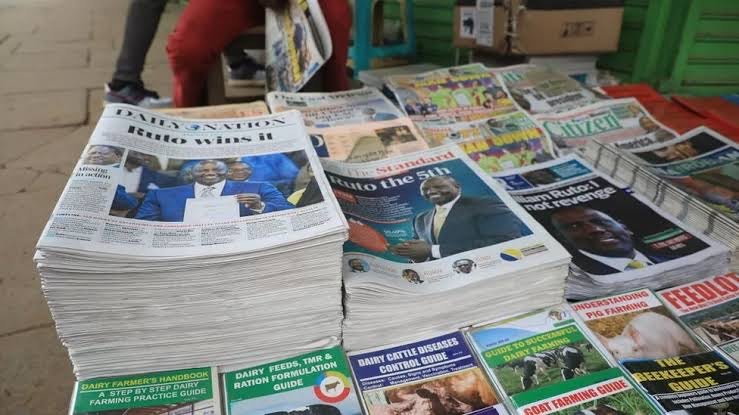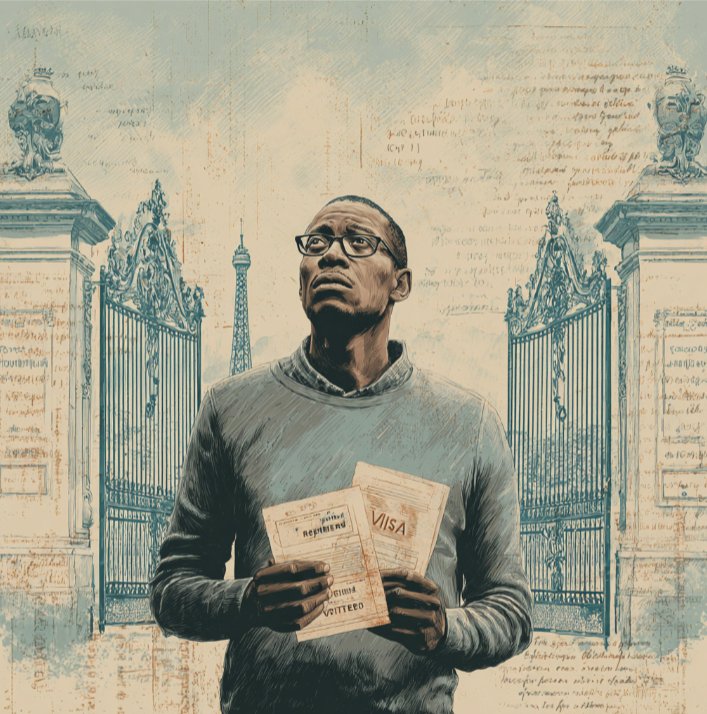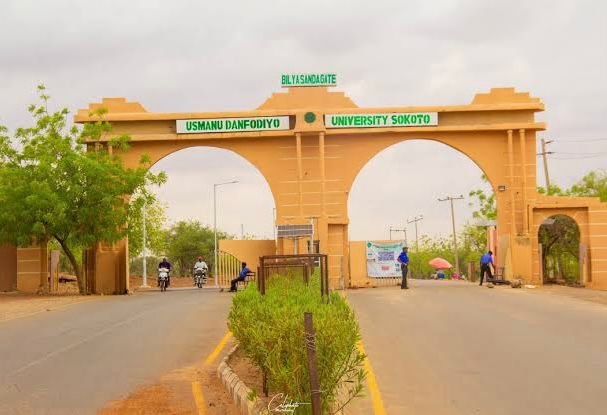From electoral corruption to the violent suppression of the #EndBadGovernance protests, Nigeria’s democratic backslide deepened in 2024. As the government responded to protests with mass arrests and attacks on journalists, pro-freedom institutions are raising concerns about the country’s growing authoritarian tendencies.
The most recent test of democracy in the country was the #EndBadGovernance protests last year, and the outcome revealed brutal crackdowns on protesters, attacks on journalists, and state prosecutions. These are the concerns raised in the 2025 Freedom House Report, an assessment of world freedom in each country. In the report, Nigeria scored 44 out of 100 on the benchmark, giving the country a status of “Partly Free” despite its democratic status.
According to the international report, Nigeria fared below the expected standard of a free country, owing much to the complicated series of events that trailed the aftermath of the 2023 election and the authorities’ attitude towards the #EndBadGovernance protests. Specifically, towards the end of the general election, corruption cases involving vote buying exploitatively derogate individuals’ choices and hinder citizens’ free will to choose the right candidates of their choice.
Records show cases of vote buying across states and local governments during the elections. For example, in Giade local government of Bauchi state, an election observer, Ezenwa Nwagwu of Yiaga Africa, a pro-democracy organisation, said he saw opposition leaders offering bribes in cash and food items to voters, cleverly manipulating the people’s rights to vote in a supposed free and fair election.
With excessive adherence to electoral misconduct, the ruling party was caught employing the same dubious tactics of “money for votes” to gain advantage in Makurdi, Benue state, sharing food, money and alcohol to voters.
As the escalating venture of widespread corruption in electoral polls dotted the country, journalists reported INEC officials collected money from the ruling party, APC agents in the Isoko North local government of Delta state.
Beyond corruption and electoral malfeasance, a harsh economic condition, including a historical inflation hitting 40 per cent on food items, pushed average Nigerians to a squalid condition. When the food prices shook the country, Nigerians took to the streets across the states and staged the #EndBadGovernance protest.
The protest escalated to riot and vandalism in some regions and saw the arrest and trial of minors. In the charges filed before the Federal High Court, Abuja, police said the children committed treason by destroying property and waving Russian flags. The minor trial caught the media’s attention, eventually forcing the government to withdraw the charges.
According to a report, the protest saw arrests and charges of 32 minors and 72 other suspects, all charged for treason—an offence punishable by death under the Nigerian law.
Adding to the arbitrary citizens’ arrests was the dissent of journalists who were covering the protest. On 3rd August, police shot live bullets at the vehicle carrying two Premium Times journalists, Abdulkareem Mojeed and Emmanuel Agbo, despite wearing press vests.
Through 2024, press freedom was consistently under threat, with journalists becoming victims of attacks. Mary Adeboye, a reporter from News Central Television, was almost suffocated after police fired teargas at her at a protest in Abuja. Yakubu Mohammed, also a Premium Times journalist, survived a rifle butt hit on his head, despite showing his identification card to the police.
According to the Committee to Protect Journalists (CPJ), 56 journalists were reportedly assaulted during the #EndBadGovernance protest. And throughout 2024, Press Attack Tracker, a project of the Centre for Journalism and Innovation Development, recorded 128 press attack incidents. Due to consistent repression, Reporters Without Borders described Nigeria as one of the most dangerous places for journalists in West Africa.
“The Nigerian authorities must end their repressive approach to peaceful protests and listen to critics, as the country faces its worst economic crisis in three decades,” says Isa Sanusi, Director of Amnesty International Nigeria.
Between 2017 and 2019, Nigeria maintained an average score of 50 in the Freedom in the World Report. The downward slope began in 2020 when the score dropped to 47 and continues till today, currently standing at 44.
In its comment on the state of freedom and democracy in Nigeria, the Freedom in the World report noted while security challenges threaten the human rights of millions of Nigerians, “the vibrant media landscape is impeded by criminal defamation laws, as well as the frequent harassment and arrests of journalists who cover politically sensitive topics.”

